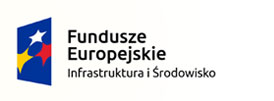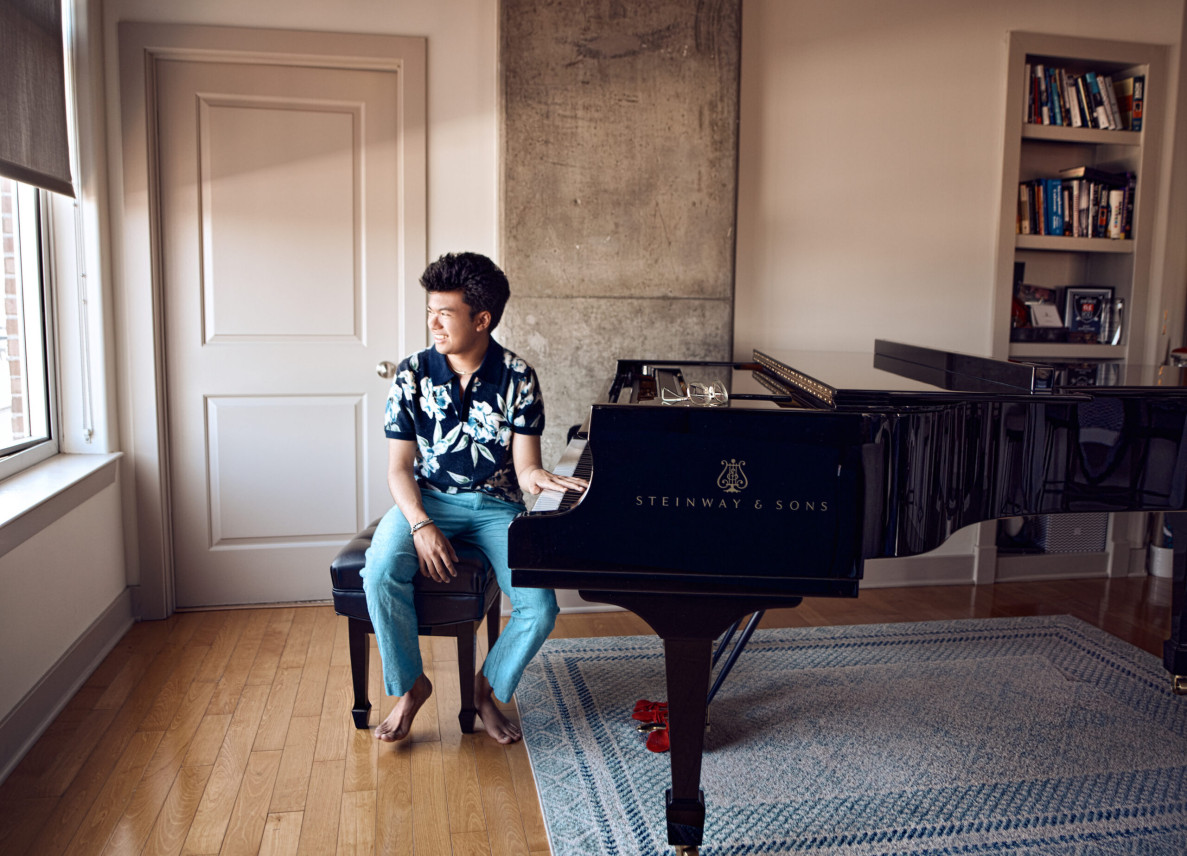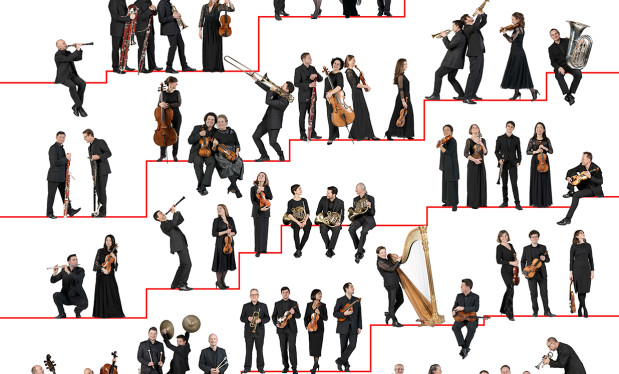Joey Alexander / A rising star of jazz / Katowice Culture Nature Festival - NOSPR
Joey Alexander / A rising star of jazz / Katowice Culture Nature Festival
While listening to improvisation, we improvise ourselves
Tomasz Gregorczyk
One of the most famous – and simultaneously most meaningful – anecdotes in the history of jazz music is the following story about John Coltrane. The saxophonist’s position in jazz might be compared to that of Martin Heidegger in philosophy. While the latter was said to have thought everything that could be thought, the former was allegedly one to have played all that could be played. However, when he was shown a transcription of his own improvisations after a concert, he said that was impossible, as he would not play such difficult things.
This harmonizes with the remark made by the guitarist and theoretician, Derek Bailey, in his canonical work Improvisation. Its Nature and Practice in Music published in 1980. The Englishman observes that although improvisation can probably be deemed the most widespread form of musical practice, it is also the least studied and the most poorly understood one. Let us add that the lack of understanding of the process is also to be found in improvisers themselves. This observation says something important about the nature of the phenomenon: attempts at comprehension constitute a fundamental contradiction of its essence. Such a statement is corroborated by numerous accounts delivered by musicians, including jazz musicians, who emphasise the transgressive dimension of improvisation. While this does not happen every time and everywhere, a soloist’s experience can be a transgression not only of their limitations, but even a transgression of consciousness that would otherwise be merely that of a performing musician. The artists become – or at least feel as if they became – more of a medium for the sounds flowing through them, rather than their source.
Contrary to the appearances, the phenomenon might be explained in a way less mystical than it seems. A jazz improviser works within a framework provided by a composition, simultaneously building the structure of their own utterance in the heat of the moment. These activities take place on the level of cognitive structures, which are produced by a person in the process of building their own picture of the world, such a picture enabling the person to function in the world. This is so, because the mind does not receive all the data that could be received from the senses. Cognitive structures are a necessary filter, largely conditioned by our culture, which organizes our reality into a coherent narrative. There are, however, situations rendering us more likely to go beyond the structures. One of them is spontaneous activity, hence its liberating, or even euphoric, effect. It was not by coincidence that Miles Davis, one of the greatest innovators in the history of jazz music, told his saxophonist, Wayne Shorter: “Play as if you couldn’t play.” Later, Shorter himself would challenge the members of his own great quartet with similar Zen koans. With skills of a sufficient level, the contradiction between the necessity of controlling the form and harmonic flow and entirely intuitive activity becomes purely apparent – improvisers talk of the skill of “side listening”, similar to the way in which a car driver continuously analyzes very large amounts of critically important data.
The crucial value of the improvised component is an axiom in the world of jazz music. While improvising, we take risks, which means we act differently. Walking along the edge of a precipice can enable us to reach places that are otherwise unreachable – this is an indisputable fact. For most musicians who engage in it, improvisation is an outlook on life – not to say, a creed. Nonetheless, having taken a sober look at the matter, heretics will ask an uncomfortable question. Is improvisation the Holy Grail of invention and creativity? It is not. Just like any other, this creative method is not free from repetitiveness, dryness and flaws of other kinds. Those arise simply from the physiology of hearing. Natural and – here we go – instinctive reactions stem from the structure of our nervous system and result in conventionalisation of what was supposed to be unconventional.
One of the solutions an improviser might apply in such a situation is – and this is quite some paradox – a return to composition, treated as a tool that helps a player break away from their habitual impulses. There is probably no artist in the whole history of jazz, whose compositions were as clear an invitation to venture into the unknown as those by Thelonious Monk. Let us take the most famous one – Round Midnight. After several bars in section A of the theme, there comes the diminishing progression, which eventually finishes with a short false key change into the subdominant. The modulation provides very nicely falling lead tones with the initial H7-minor and E7-major chords which are also – as K.J. McElrath put it1 – a background for the melodic sequence, lending it a vivid and unexpected tonal timbre. The B section might seem a bit out of place, with the VI–II–V progression breaking away from the II–V–I typical for jazz music – that was just how Monk worked, intentionally using unexpected chords in order to push the improviser off the beaten track. By the way, one of the greatest compliments Davis heard from Monk was him saying “You have finally learned to play Round Midnight” after years of playing the piece together.
The eccentric Thelonious is also, as a matter of fact, a perfect case in point for discussing jazz music, as his legacy is like a lens focusing the genre’s most important elements. Let us put aside a thing as obvious as the original rhythms to be found in it (the Chicago avant-guarde musician Ken Vandermark says that in this respect, Monk reinvented the piano as an instrument). Let us talk about vibrations instead. It is a truism that sounds are waves. Monk, however, made the listener feel the truth in a manner that was most clearly perceptible. I would recommend the famous standard These Foolish Things from the album Thelonious Monk Trio published by Prestige in 1954. Tuning the piano was not something jazz recording sessions producers would prioritise back then. Thus, there are moments when the instrument sounds painfully out of tune. Monk discovers the impurity of the sound, but this does not confuse him, quite the contrary – he continues to emphasise it intentionally, circling around the sounds E and E-flat in order to make the result all the more, as jazzmen put it, sour. Vijay Iyer, a pianist holder of a doctorate in physics from Berkeley, claims that Monk had an excellent intuition as to the physical nature of sound. He made use of conflicts within a series of natural notes and juxtaposed conflicting chords to intensify their tension. One may, indeed, play Monk beautifully and jazz may indeed be beautiful in the classical meaning of the word. Nonetheless, the significance of the element of roughness can be corroborated by the popularity of another composition of Monk’s, or actually its very title, namely the Ugly Beauty, treated as a creed by generation after generation.
The clash with an out-of-tune piano is also an excellent example of the significance of mistakes in improvisation. Whether an unusual event is perceived as merely a slip or as a failure depends only on the musician. Such events – pursuant to Davis’ and Shorter’s laconic teachings – ought not to be avoided. Quite the contrary, they ought to be provoked. Lê Quan Ninh, a French drummer and author of the book Improviser librement – Abécédaire d'une experience, calls the approach an ethic of apprehension, revolution, constant destruction and questioning one’s own knowledge so that something unexpected can appear. This does not necessarily need to be new, but it must be precisely that – unexpected.
It is probably no coincidence that Joey Alexander’s fascination with jazz began with Monk, that those were the latter’s pieces the former reached for most often, and that it was to Monk that he devoted his concert album to. And although the Bali, Indonesia-born pianist has been composing his own material for years, it remains permeated with Monk’s spirit. While going to Alexander’s concert – but also to one given by any other exquisite musician who has truly comprehended what jazz is – let us remember about one more thing. Our perception is not passive. We usually forget about the fact that while listening to improvisation, we improvise together with the musician. We forget about the fact that, as jazz music listeners, we are also improvisers ourselves, and our mind also experiences the magic of spontaneous and intuitive activity.
Herbie Jeffrey Hancock said that Joey Alexander must be an incarnation of one of the greatest jazz musicians, and Wynton Marsalis spontaneously invited him to perform in his concert. While listening to the teenage boy’s piano improvisations, he literally (it can be seen in videos!) rubbed his eyes in astonishment!
Tomasz Gregorczyk
Concert duration: approximately 70 minutes
Tickets:
We encourage to purchase festival carnet with a discount (20% for at least three concerts and 25% for at least five concerts).
Check out the side events of the Katowice Culture Nature Festival!
Upcoming events


ECHO Rising Stars Festival / Guðmundsdóttir / Lahiry / A Powerful Voice of Women
Chamber Hall
Buy ticket


JazzKLUB / Rudi Mahall's Almost Danish Quartet / Standards with a Playful Twist
Chamber Hall
Buy ticket
NOSPR Chamber Musicians / Passionate Romanticism (rescheduled concert)
Chamber Hall

















